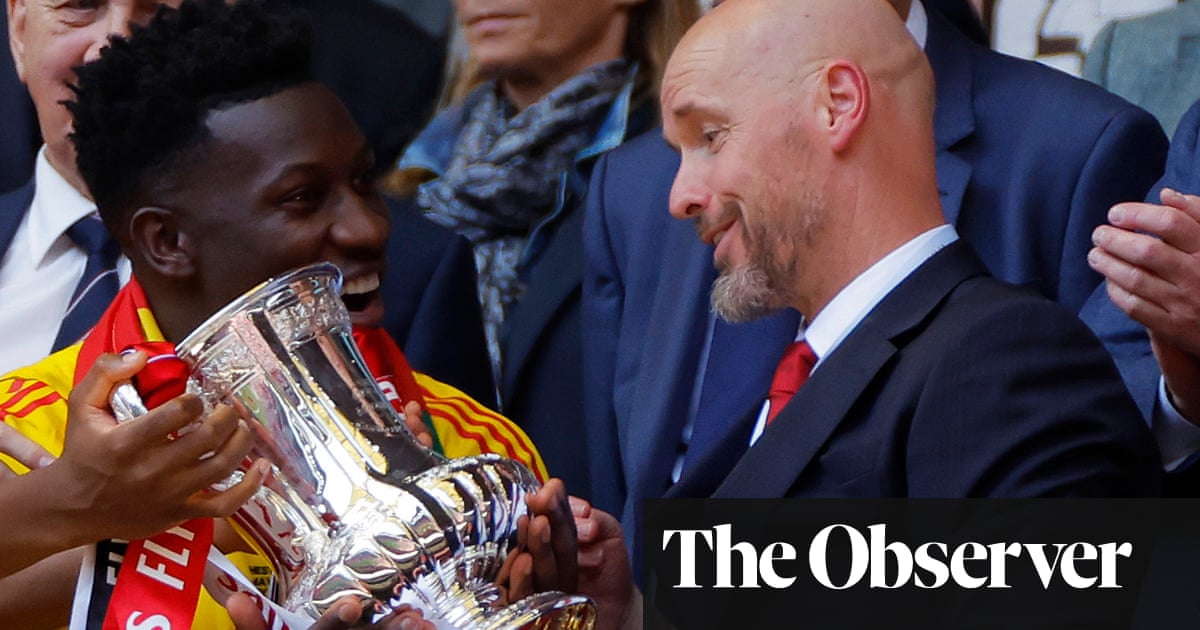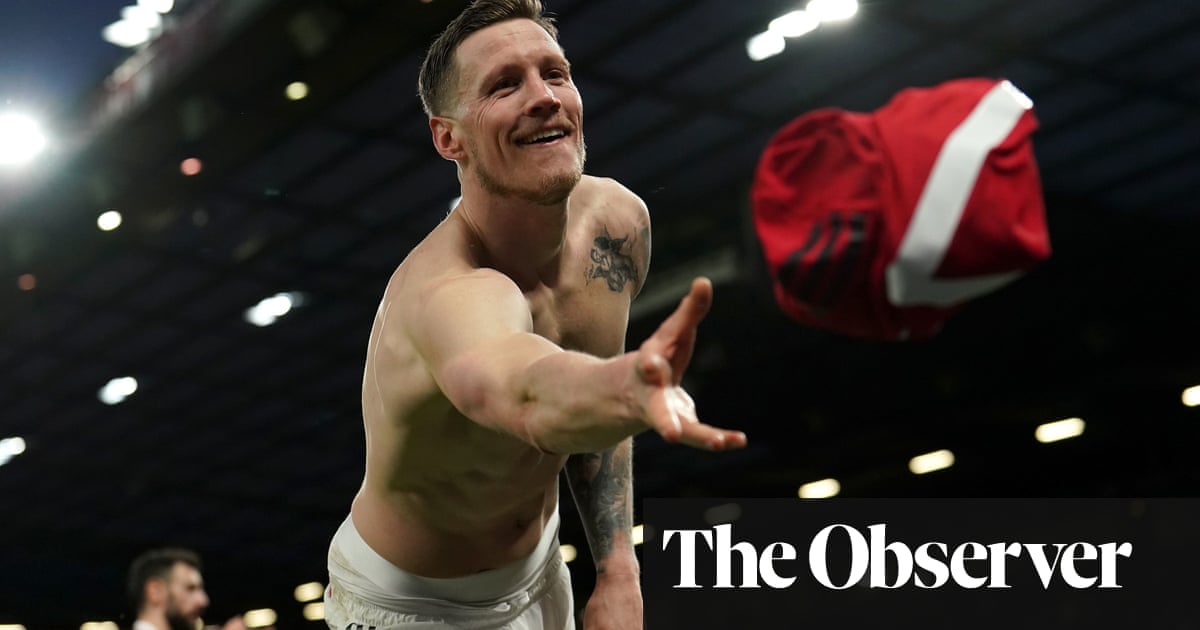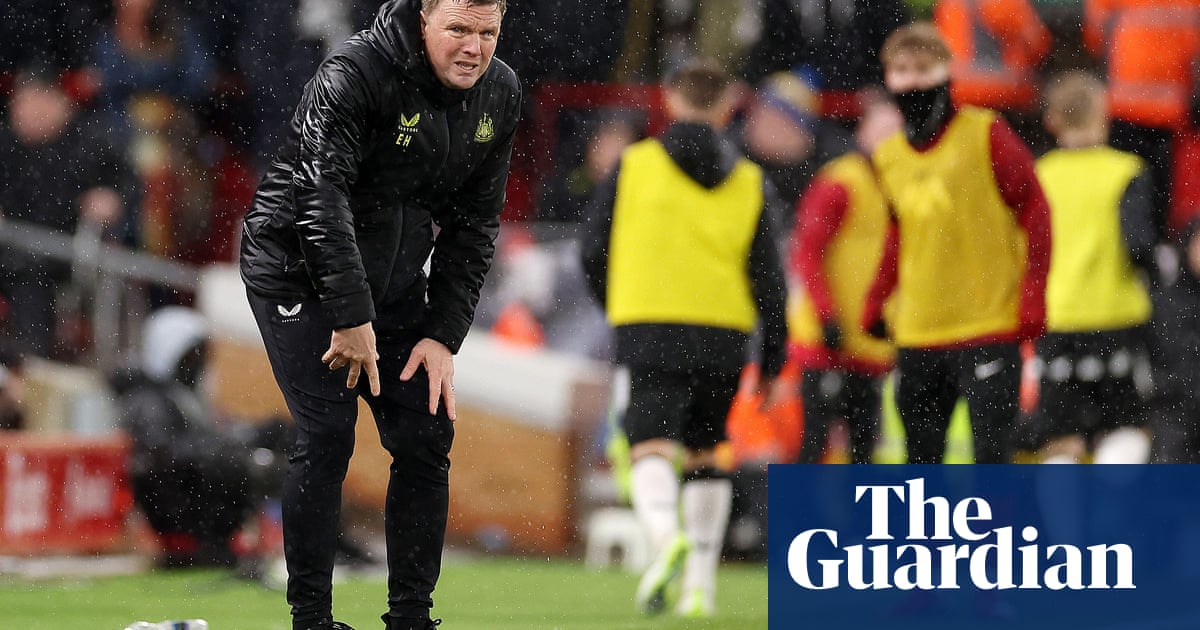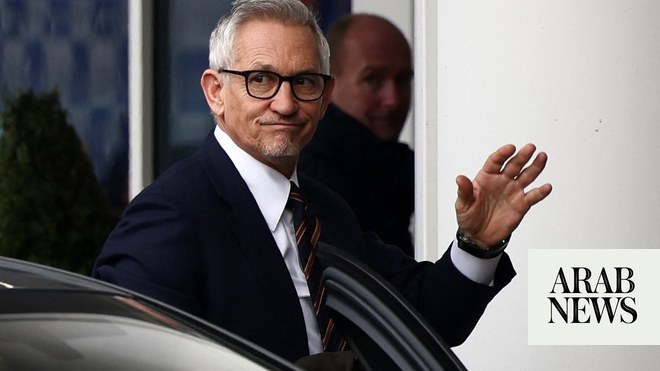
If Richard Arnold studies the history of Ed Woodward, his soon-to-be predecessor as Manchester United’s most powerful executive, he will comprehend how the close season may be the sole chance to make his tenure a success.
Nine summers ago Woodward appointed David Moyes as United manager after Sir Alex Ferguson’s retirement and never truly recovered. Moyes lasted 34 Premier League games of a six-year contract before being sacked and Woodward’s failed search for the right manager extended across the next seven years, as Louis van Gaal, José Mourinho and Ole Gunnar Solskjær came and went without delivering a 21st title, before an interim manager, Ralf Rangnick, was brought in to allow the club to regroup.
When they did this the gun was fired on the head-hunting process for a fifth permanent United incumbent since Ferguson departed. Candidates may include Mauricio Pochettino and Brendan Rodgers but, simply, Arnold has to get the decision right. Do so, appoint a man who can make United challengers again, and all the ire Woodward suffered from disaffected fans will evaporate. Fail and Arnold will be branded as a second Woodward, his first managerial appointment will have to be removed and the pressure regarding the second will increase.
Woodward believes Arnold has learned from witnessing his time in charge. Yet United can operate as a top-heavy structure, so whether Arnold can delegate more than he, Woodward and Joel Glazer, the executive co-chairman, have previously done will be vital. This, it is understood, is his aim: to give more autonomy to departmental leaders when superseding Woodward as CEO on 1 February.
Arnold, who attended Bristol University like Woodward, joined United in 2007, rising to group operations manager in 2013. When discussing his candidacy for the top job, the 50-year-old informed United’s board he intended to sharpen strategy and advocate greater consultancy, while making clear the tough decisions will be made.
Arnold and Woodward were drivers of United’s first football director and technical director appointments – John Murtough and Darren Fletcher respectively – a move which indicates he understands the importance of an overriding structure. Although Arnold will remain heavily involved in United’s lucrative commercial operation, Murtough and the manager will report to him. But Arnold intends to leave the football operation to them. Do so and he will, indeed, have learned from Woodward, whose downfall beyond bad management and player recruitment lay in a failure of optics: for too long a perception was allowed that he was heavily involved in all decisions regarding on-field strategy.
Arnold, who is said to be data-driven and has a mixed popularity within the club, is about to strap himself into the “hell of a ride” that is leading United: the characterisation offered by Woodward, to friends, regarding a global behemoth which is also a soap opera and cultural institution. On taking over in 2013 Woodward’s task was made more challenging after Ferguson ended a glittering 26-and-a-half-year reign, having to not only replace an all-time great but drag a club geared solely to Ferguson into the 21st century.
Woodward believes his legacy might have been different had Ferguson stayed on for another year. But he did not and thus Arnold had a ringside seat as Woodward went through his quartet of failed managers and a slew of scattergun signings that included Ángel Di María, Bastian Schweinsteiger, Daley Blind and Radamel Falcao.
Woodward, to his credit, acknowledged these twin faultlines and tried to eradicate them. But, as United have a caretaker manager in the ongoing search for the magic candidate, the first remains. So, too, does the second: the team are 22 points behind the leader, Manchester City, which is approximately their average finishing margin to the champions of all campaigns since Ferguson left. Woodward believes if City’s Pep Guardiola or Liverpool’s Jürgen Klopp had been hired they would have led United to a title.
Arnold, who previously worked at PricewaterhouseCoopers and in the technology industry, is responsible along with Woodward for United’s admirable policy of not raising season ticket prices for a decade. He is chair of the club’s fans’ forum, too. But unless there is a serious upturn on the pitch, he will be labelled another money man of the owners, the Glazers, who is unable to feel the invigorating pull of the game and United’s proud place in it.
In 2012 Arnold said: “We don’t sign players to sell shirts. We are reliant on 25 players and they are all massive stars. We have 25 George Clooneys.” The citing of a super-rich A-list Hollywood actor was unfortunate because it suggested United were in the business of lucrative paydays rather than focusing on silverware. “We have 25 Gary Nevilles” might have been more apt.
With Solskjær’s replacement of Mourinho as permanent manager in March 2019 came Woodward’s much-trumpeted strategy of a “cultural reboot”. This included having players with an “X-factor”, “attacking football”, respecting the club’s “history” and “winning”. Having to undertake this exercise, though, illustrates how lost United had become.
And, really, only the final element should form a core philosophy: winning – with the league championship the priority. It is what Ferguson, Sir Matt Busby and Ernest Mangnall did when creating United’s rich heritage.
As Woodward heads for the exit, he claims responsibility for an overhaul of the academy, scouting and player recruitment, rating United’s football operation as only 10% away from the finished article. Given the game’s constant churn and evolution, the missing tenth may never be achieved.
Arnold’s mission, then, is simple: sign the manager who can finally take United out of the post-Ferguson era and into one defined by that next, and thus far, elusive title.












